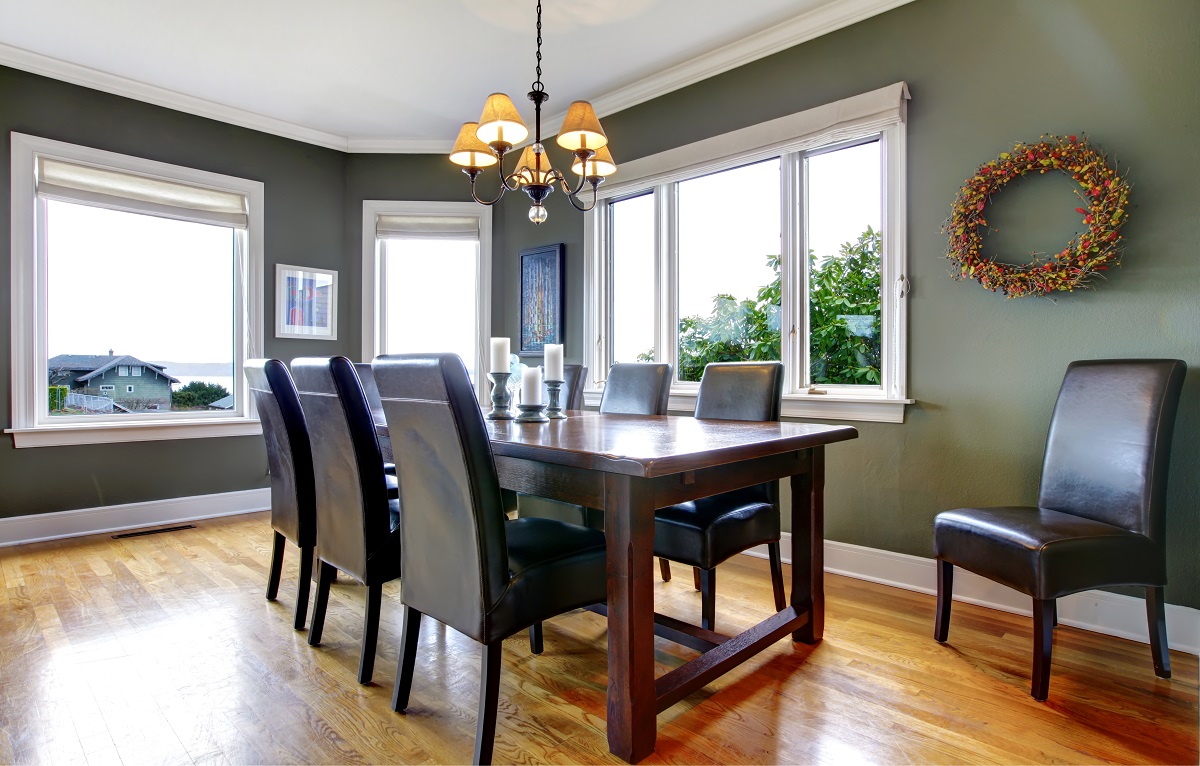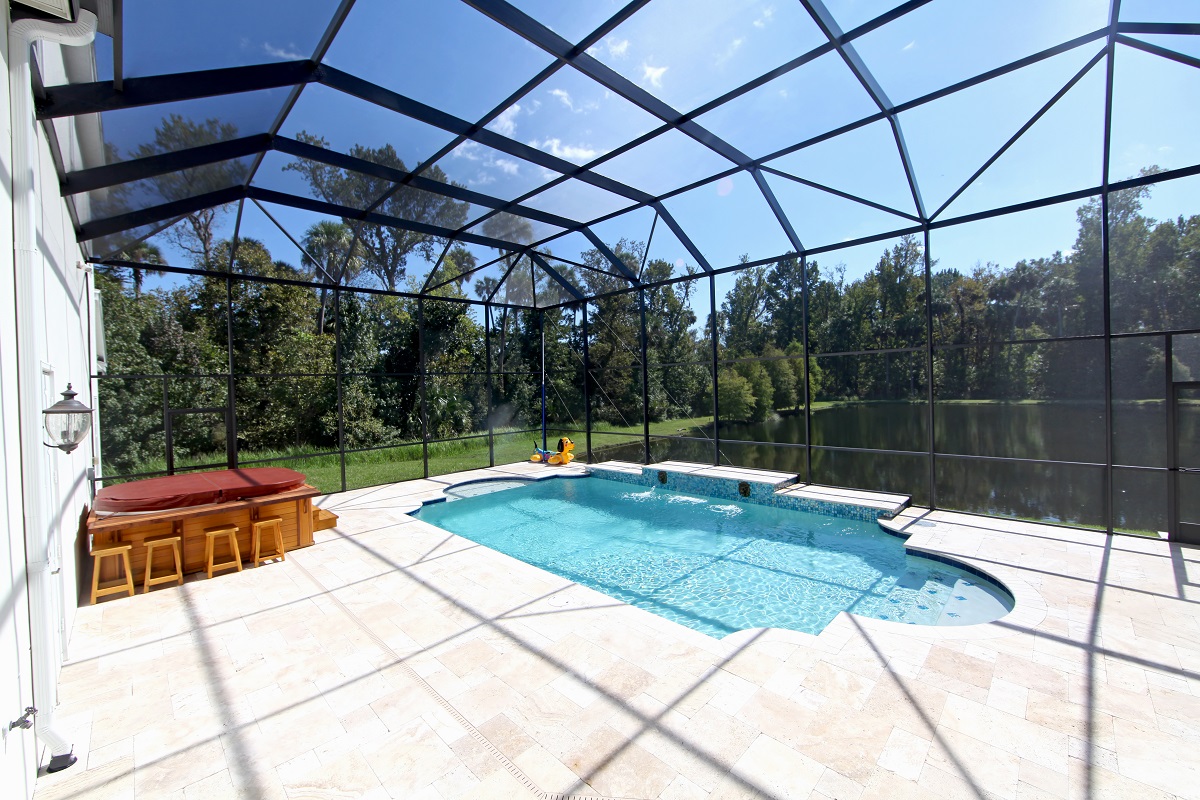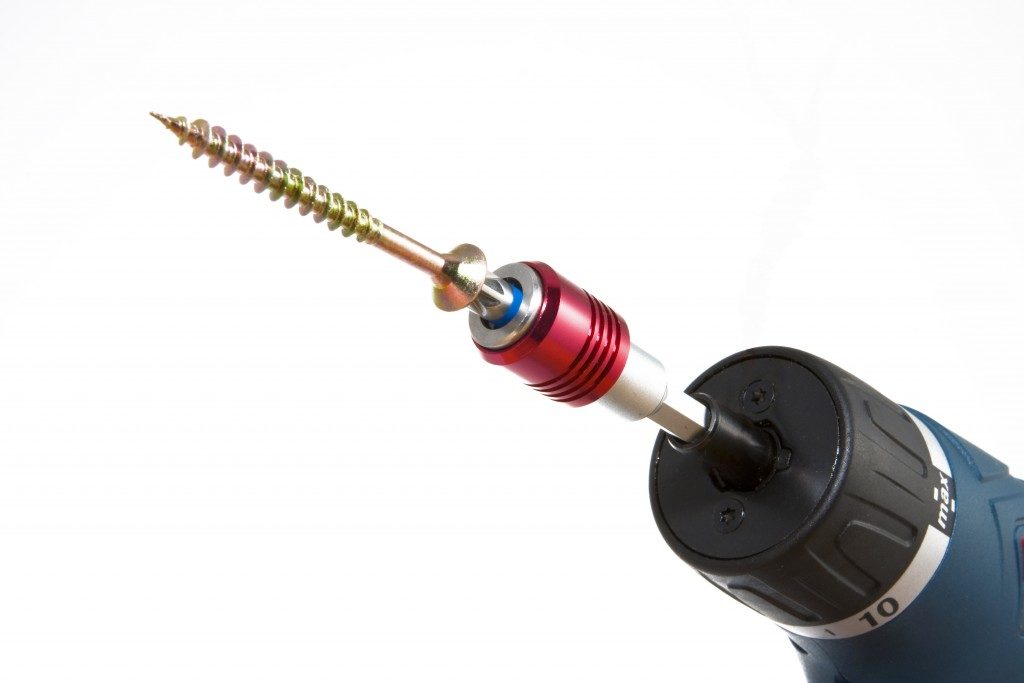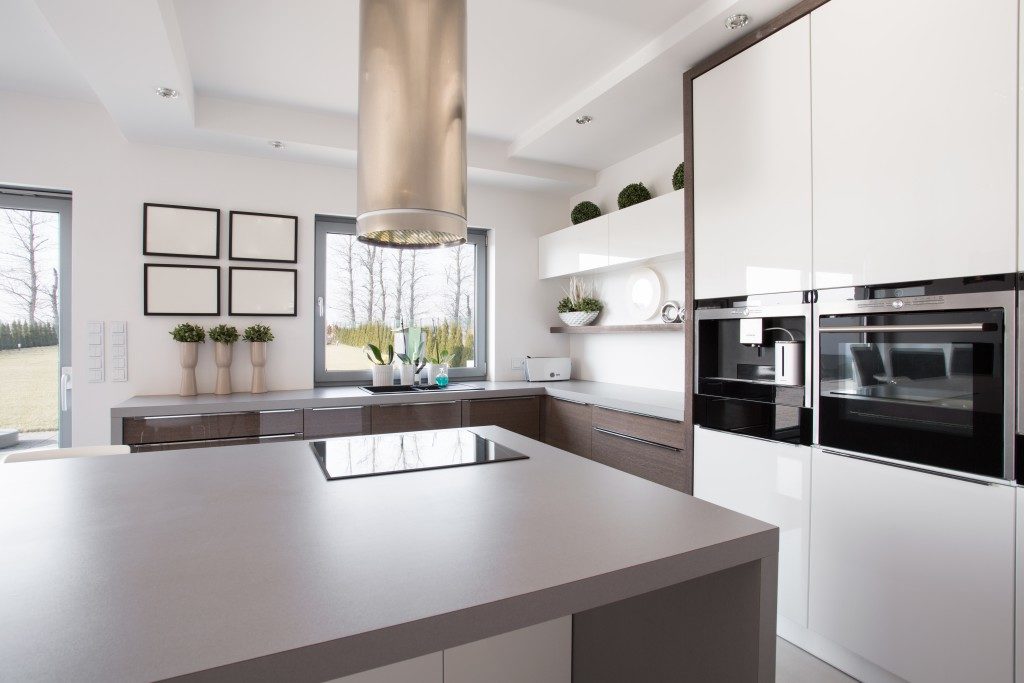- Assess your home’s needs, considering structure, systems, and functionality before starting improvement projects.
- Set a realistic budget to avoid straining your finances while accomplishing necessary home enhancements.
- Partner with reliable, experienced contractors to ensure smooth renovations and avoid unnecessary costs.
- Design functional, welcoming spaces like the kitchen, living rooms, and personal spaces to encourage family interaction.
- Maintain swimming pool health with balanced chemicals, safe acid substitutes, equipment care, and regular cleaning.
Owning a home is a significant investment, and people aim to ensure their homes are functional, safe, and cozy. It’s a place to relax, entertain, and create cherished memories with loved ones. Whether you plan to stay long-term or make improvements, gaining knowledge about home improvement is highly beneficial.
Homeowners strive to enhance their properties, creating functional and aesthetically pleasing living environments. By learning about home improvement techniques and trends, individuals can make informed decisions when renovating or upgrading their homes.
Ultimately, the journey of home improvement is a continuous one. With each step taken, homeowners can create a space that reflects their unique style and offers a sanctuary from the outside world. This blog post will share expert tips for creating a functional family home through home improvement projects.
Home Improvement Fundamentals
Before embarking on any home improvement projects, it is crucial to have a solid understanding of the fundamentals of home upgrading. These are some ways to get you started:
Assessing Your Home’s Needs
Assessing your home’s needs involves evaluating its structure, systems, and functionality. Consider if your HVAC system needs an update, if new plumbing is required, or if certain areas need better organization. Ask yourself these questions when considering home upgrades.
Setting a Realistic Budget
Houses can cost hundreds of thousands, if not millions, of dollars, so home improvements can quickly add up. A budget will help you organize your home’s needs while considering the following steps regarding your financial plan. A realistic budget enables you to complete necessary upgrades without straining your finances long-term.
Finding and Working with Contractors
Working with contractors streamlines home improvement as professionals know the intricacies of renovation. When searching for contractors, consider their expertise, experience, and reliability. Homeowners should also be discerning and budget wisely to avoid unnecessary expenses.
Designing Spaces for Family Life
Creating a functional family home includes designing spaces that encourage family bonding. Here are some insights into developing and upgrading various areas of a home and how they can spur family interaction:
Kitchen and Dining Area Upgrades

Kitchens are not just functional spaces; they are the heart and soul of any home. With occasional upgrades, you can transform your kitchen into an open, welcoming space that fosters family bonding and culinary inspiration.
Embrace these upgrades to create a kitchen that truly reflects your style and enhances the overall ambiance of your home.
Family-Friendly Living Rooms
Living rooms are spaces often used for entertainment and family gatherings, so having a living room designed for your family’s needs can increase physical comfort and interactions. Upgrades could include having built-in storage, comfortable furniture, and entertainment options.
Bedrooms and Personal Spaces
As much as family interaction is vital, individual space is just as important. Family members should have personalized areas that reflect their personalities. Consider upgrades like creative storage options, wall decals, and color themes to create more customized spaces.
Swimming Pool Upkeep and Maintenance

Creating an outdoor oasis is especially crucial when building a functional family home. Like every other part of the home, the swimming pool requires maintenance to prolong the lifespan of the protective equipment.
Balancing Pool Chemicals
Properly balancing pool chemicals is fundamental to maintaining the health and clarity of your pool. To maintain a consistently clear and inviting swimming experience, regularly test and manage your pool water’s pH, chlorine, and alkalinity.
Swimming Pool Acid Substitutes for Healthier Water
Utilizing swimming pool-safe acid alternatives will balance the pool’s pH if it becomes too high or too low. Options like liquid chlorine and baking soda offer similar results, allowing homeowners to save on expenses while effectively treating their pools. Additionally, these alternatives are safer for swimmers and the environment, making them a reliable choice for pool maintenance.
Pool Equipment Care
Proper pool equipment maintenance, such as filters, pumps, and chlorinators, ensures optimal functioning. Regular maintenance checks, including cleaning and inspection, prevent premature wear and tear of your pool equipment, thus prolonging its lifespan and ensuring efficient performance.
Cleaning and Skimming
Regularly skimming and cleaning the pool surface ensures a pristine swimming environment. By diligently removing leaves, dirt, or any other debris that may have unintentionally found its way into the pool, you can maintain its crystal-clear waters and create a more enjoyable swimming experience.
Creating a functional family home is crucial when designing or renovating a living space. Project planning, realistic budgets, and attention to essential fixtures can help create a usable, comfortable, and enjoyable home for families.
Remember to consult professionals and maintain family-friendly spaces in mind when making extensive adjustments to your home. Also, remember your outdoor space, as it can have significant advantages in inspiring family comfort and fun.



